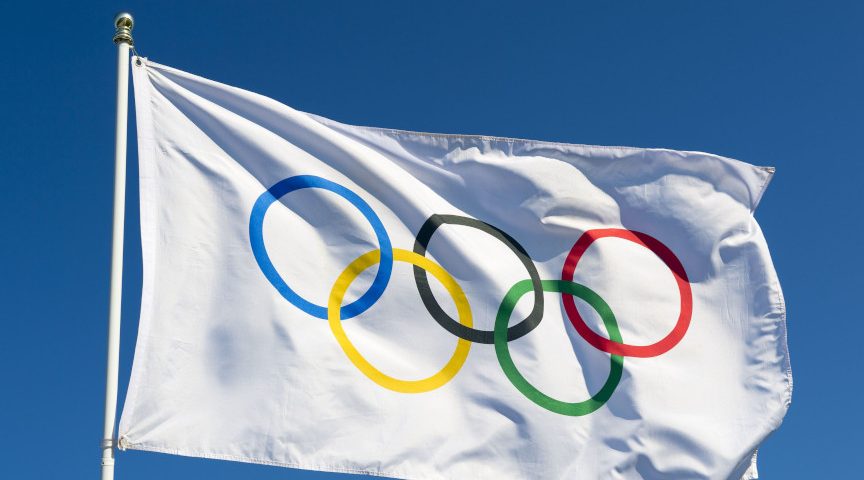The Final Rehearsal (Part Seven) Olympics Football Comes of Age

The Final Rehearsal (Part Eight) Football’s Betrayal
February 14, 2021
Olympic Spirit – A Mockery
February 14, 2021The Final Rehearsal (Part Seven) Olympics Football Comes of Age

By Satish Sekar © Satish Sekar (August 18th 2020)
The First Significant Competition
British administrator and subsequent President of the Federation of International Football Associations (FIFA), Daniel Burley Woolfall, played a very important role in the development of international football, FIFA, and international competition (the Olympic Games Football Tournaments).
The 1908 Olympiad is rightly considered the first significant international football tournament, but participants were limited to Europe alone. It was a landmark competition.
It was organised under FIFA’s auspices, and is the first international football tournament that is recognised by both the International Olympic Committee (IOC) and FIFA.
Eight teams entered, but two withdrew before the competition started – Hungary1 and Bohemia2 – so only six teams took part. France had a main team and a B team, neither of which made an impact as Denmark thrashed them both.
A remarkable 48 goals were scored in the tournament in just six matches – and even more incredibly, more than half of those were scored by Denmark in their two matches against the French teams.
The Great Danes
Denmark started by routing France B 9-0. Vilhelm Wolfhagen scored the first hat-trick3 acknowledged by FIFA in the history of football in the Olympic Games. Actually, he netted four.
A day later Great Britain’s Clyde Purnell matched his feat in the 12-1 drubbing of Sweden.
The semi-finals were not exactly competitive either. Great Britain beat the Netherlands 4-0 – Harry Stapley scored all four.
The other semi-final was a total massacre as Denmark, having developed a liking for playing against France’s teams, walloped their main team 17-1.
It isn’t often that a player scores four in a match and ends up a footnote in the reports, but that happened to Wolfhagen in this match, as his teammate Sophus ‘Krølben’ Nielsen scored an incredible ten, which included a hat-trick in the first six minutes.
Not surprisingly, the 17-1 hammering remains the biggest victory in any football match at any Olympic Games to date. Nielsen remains the holder of the fastest hat-trick in the history of the tournament and his ten-goal haul is by far the most ever scored in a match in the main tournament of the Olympic Games.4
The Prize That Got Away
This humiliation proved too much for the French. They refused to play for the bronze medal, so beaten quarter-finalist, Sweden, got a reprieve, but lost 2-0 to the Netherlands.
Having scored a whopping 26 goals in just two matches, Denmark must have fancied their chances. Great Britain, however, had other ideas. They were hardly slouches in front of goal either.
The hosts of the fourth modern Olympic Games had scored 16, conceding just one in their two matches before the final. Those expecting a goal-fest in the final were to be disappointed – only two were scored.
Great Britain became the first champions of an international tournament organised by FIFA by winning the first legitimate Olympic Football title. They were the only team to prevent the prolific Denmark from scoring.
They were the first gold medallists in the history of Olympic Games Football Tournaments that were acknowledged by both the IOC and FIFA. Football was set to grow as more nations joined FIFA before Stockholm hosted the Olympic Games of 1912.


